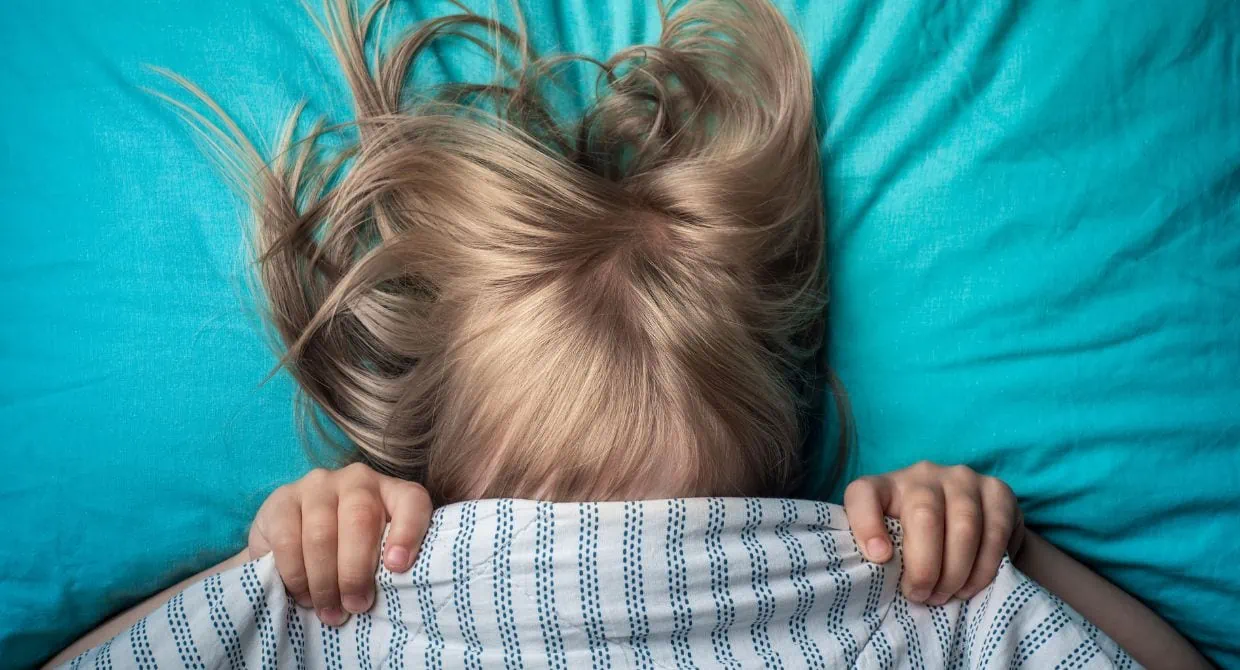How Childhood Fears Affect Adults
Fear is a natural human emotion that plays an important role in survival. It helps us to avoid danger and to stay safe. However, fear can also become a problem, especially when it is excessive or irrational.
Children are especially vulnerable to developing fears. Their brains are still developing, and they may not have the skills to cope with difficult emotions. As a result, they may develop fears of things that are not actually dangerous, such as monsters, the dark, or certain animals.
While most childhood fears are eventually outgrown, some can persist into adulthood. These fears can have a significant impact on a person’s life, preventing them from pursuing their goals and living their life to the fullest.
Here are some examples of how childhood fears can affect adults:
- Social phobia: A fear of social situations, such as parties, meetings, or public speaking.
- Agoraphobia: A fear of open spaces or being in a place where it would be difficult to escape, such as a crowd or a supermarket.
- Claustrophobia: A fear of enclosed spaces, such as elevators, airplanes, or tunnels.
- Arachnophobia: A fear of spiders.
- Acrophobia: A fear of heights.
- Nyctophobia: A fear of the dark.
Childhood fears can also lead to more general anxiety and depression. This is because people who are constantly afraid are more likely to experience negative thoughts and feelings. They may also avoid activities that trigger their fear, which can lead to isolation and loneliness.
There are a number of reasons why childhood fears can persist into adulthood. One reason is that children may not learn how to cope with their fears effectively. If a child is always rescued from their fears, they never learn how to face them on their own.
Another reason is that childhood fears can be reinforced by negative experiences. For example, if a child is bitten by a dog, they may develop a fear of dogs. If this fear is not treated, it can become more severe over time.
Finally, some childhood fears may be related to genetics or brain chemistry. For example, people with certain mental health conditions, such as anxiety or obsessive-compulsive disorder (OCD), may be more likely to develop fears.
If you are struggling with a childhood fear, there are a number of things you can do to get help. One option is to see a therapist. A therapist can help you to understand the root of your fear and to develop coping mechanisms.
Another option is to join a support group. There are many support groups available for people with specific fears, such as social phobia or arachnophobia. Support groups can provide you with a safe space to share your experiences and to learn from others.
Finally, there are a number of self-help books and websites available on the topic of fear. These resources can provide you with information on different types of fears and how to overcome them.
Here are some additional tips for coping with childhood fears:
- Educate yourself about your fear. The more you know about your fear, the less scary it will seem.
- Challenge your negative thoughts. When you have a negative thought about your fear, ask yourself if there is any evidence to support it.
- Expose yourself to your fear gradually. Start by exposing yourself to your fear in a safe and controlled environment. For example, if you have a fear of spiders, you might start by looking at pictures of spiders or visiting a zoo to see spiders from a distance.
- Relaxation techniques. Relaxation techniques, such as deep breathing and meditation, can help to reduce anxiety and make it easier to face your fear.
If you are struggling with a childhood fear, please know that you are not alone. There are many people who experience childhood fears, and there are a number of things you can do to get help. With time and effort, you can overcome your fear and live a full and happy life.

